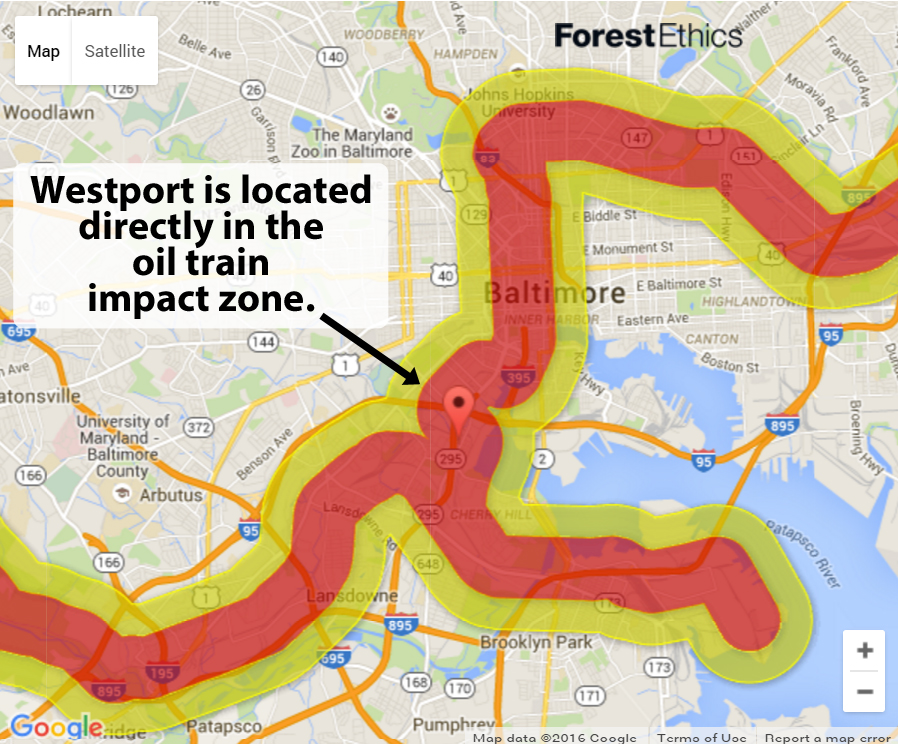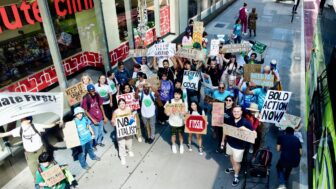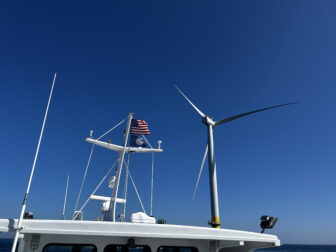
As president of the Westport Neighborhood Association, Keisha Allen is a leader in fighting for environmental justice in her community. Westport is located on the southern end of Baltimore, right next to rail lines frequently used by oil trains and bordering the Patapsco River.
Keisha first got involved after a presentation was made on the risks of oil trains at her local community meeting. Afterwards, she did more research online. She saw a picture of Lac-Megantic, noticed how similar it looked to Westport, and decided to get involved with our campaign.
She is planning to attend CCAN’s oil train town hall meeting in Baltimore on February 11th, at 7pm.
The Westport Neighborhood Association meets on the first Thursday of every month at the Westport Homes Boys & Girls Club Rec. Center, 2343 Norfolk St., Baltimore, MD 21230.
Your name: Keisha Allen
Your age: 40
Where you live: Baltimore, Maryland
Your profession: Medical Billing & Systems Trainer for a large hospital system in central Maryland
What are the impacts of climate change that hit closest to home for you?
Flooding. Westport is a community in the southern end of Baltimore City that is surrounded by the Middle Branch and the Gwynns Falls River. The risk is so great that two years ago, the University of Maryland took notice to several communities in my area and interviewed us for flooding preparedness. No one had ever warned us and we thought we lived far enough away from the water to not be at risk. None of us were ready.
Why did you decide to get involved in taking action on climate?
Our community has a lot of environmental stresses, such as poor air quality, homes with lead, and contaminated grounds due to chemical and industrial factories that did not operate using clean energy. I’ve learned that the number one cause of death in my community and others that surround it is asthma. We hope to reduce these stresses by continuing to work with organizations such as CCAN and our Health Department.
What has inspired you most working with CCAN and/or in your community?
CCAN has knowledge and expertise with environmental matters that my neighbors and I cannot cover alone — keeping us up to date with local environmental issues and canvassing our community to reach neighbors who cannot attend meetings.
What do you hope to see happen in the next year to address the impacts of oil trains in Baltimore?
I want to see clear and easy to read warning signs on DOT-111 oil trains and at rail crossings. I want to see the City of Baltimore acknowledge, develop, and implement an emergency preparedness plan in partnership with city residents and businesses that fall within the “blast zones.” We want to be proactive rather than react after a small or major incident. Ultimately, DOT-111 oil trains should and must be directed through areas where people are not within a few hundred feet.
What do you like to do when you’re not advocating in your community?
Spend time with friends and family. Travel.
Who would you high five?
Each of my neighbors who work hard to make our community a cleaner, safer, and healthier place to live.






